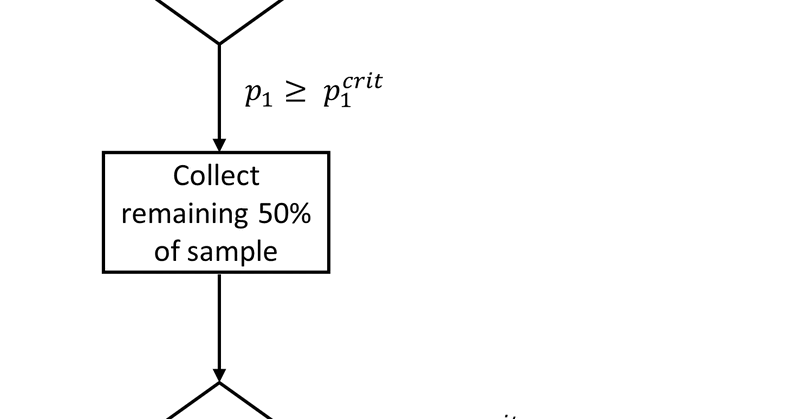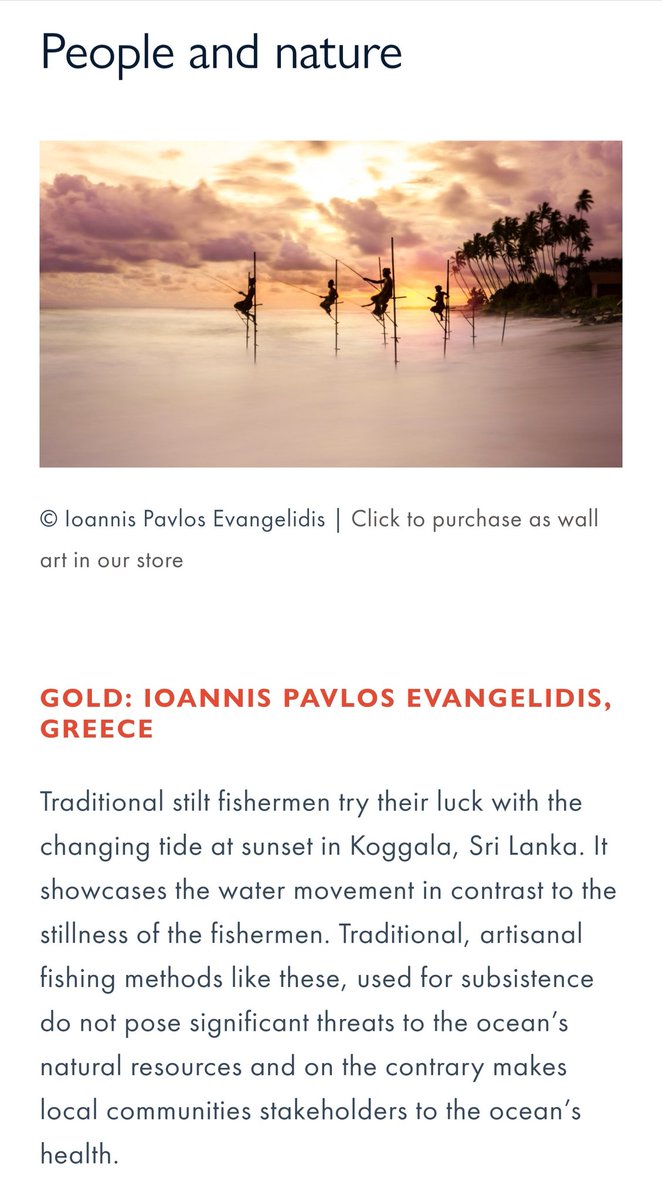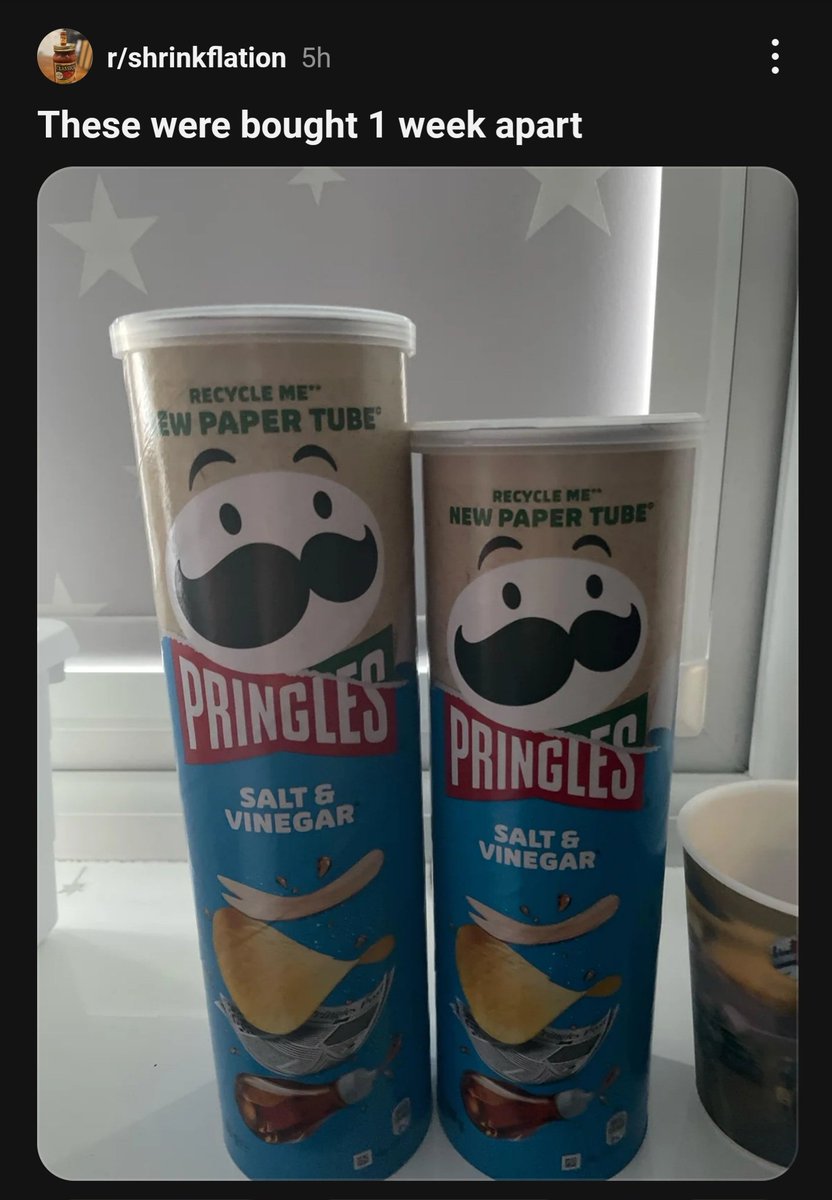
Ioannis Evangelidis
@i_evangelidis
Followers
993
Following
1K
Media
73
Statuses
838
Associate Professor @ESADE. Behavioral scientist interested in judgment & decision making, measurement, data analytics, replications, open science, etc.
Barcelona, Spain
Joined December 2019
Chocolates are becoming smaller, potato chip bags have more air, and toilet paper rolls are slimming down. We’ve all seen it and we all hate it. Happy to share my new Marketing Science paper on "shrinkflation aversion" with the world. Preprint here: 1/n.
drive.google.com
Newly Accepted Articles 11/23 (3 of 4). "Shrinkflation Aversion: When and Why Product Size Decreases are Seen as More Unfair Than Equivalent Price Increases" by. Evangelidis, Ioannis @i_evangelidis.
5
16
93
RT @donandrewmoore: On December 8th, our Berkeley journal club read a paper claiming that thoughts of God increased algorithm appreciation.….
pnas.org
Does thinking about God increase acceptance of artificial intelligence in decision-making?
0
56
0
yo @Prolific, you sent me 142 identical emails telling me that data collection for my study is complete. What's up?
4
0
2
Wondering how to best sample stimuli for your studies? Are you asking yourself how to analyze the data from studies with multiple stimuli? If the answer to either question is yes, then we have answers for you. Tune in for a presentation of our paper by @uri_sohn.
I'm giving a talk in the seminar series I call "EuroDecision". Title: "Stimulus Sampling Reimagined". Tuesday June 4th 2024.It's at 12.30 PM Barcelona/Berlin/Amsterdam time.(Yes, 6.30 AM ET). Register for free here:. paper: .
0
4
11
Just to add that another version of s-hacking involves presenting the average of multiple stimuli when many stimuli show opposite or null effects. We argue for the use of stimulus plots, where readers can see the effect for each stimulus. More here:
A milder version of s-hacking is accidentally converging on stimulus that have a subtle confound. A potential solution? Stimulus sampling. I'm pretty sure that @AndrsMontealegr, @uri_sohn, and @i_evangelidis have some exciting work in this area!.
1
3
10
RT @AndrsMontealegr: @andre_quentin @uri_sohn @i_evangelidis Thanks, Quentin! We now have a preprint:
0
2
0
RT @morewedge: 🚨 New in @PNASNews 🚨. We find that people see more of their #biases in #algorithms' decisions than in their own #decisions,….
0
47
0
RT @IkeMDSilver1: Accusations of hypocrisy are meant to be damning, but they are also flexible: For the same patterns of behavior, we see h….
0
23
0
RT @andre_quentin: Woke up to the good news that our paper (w/ @nreinholtz) on group sequential designs is accepted at @JCRNEWS ! . Want to….
quentinandre.net
Creating studies that are powered to detect the smallest effect of interest... without collecting more data than you need to detect bigger effects
0
11
0
RT @JZBerman: Further evidence that marketing is far behind psychology in open science. What is the policy board thinking? This is not how….
0
3
0
RT @Seb_Olschewski: New publication @PNASNews: Frequent winners explain apparent skewness preferences.in experience-based decisions. https:….
0
14
0
RT @JackieSilverman: New paper alert!. Ever wonder how people's choices change over multiple predictions? @ubarnea….
0
4
0
RT @uri_sohn: A bit of an evergreen. When power is x%, the share of p<.01 among p<.05 results is approximately x% . R Code: .ncp=seq….
0
10
0










